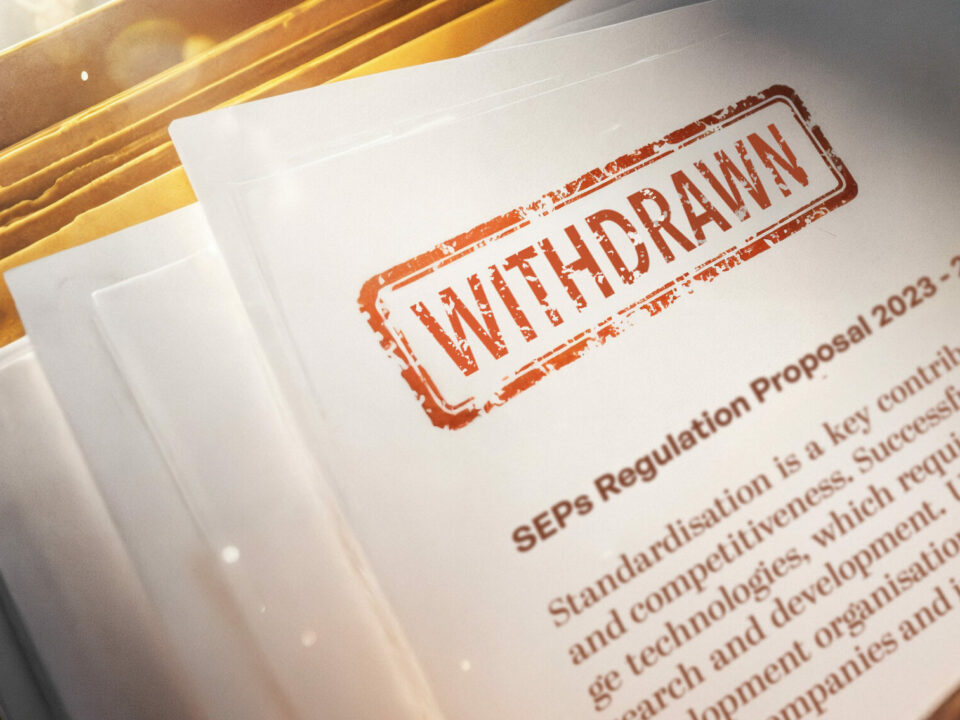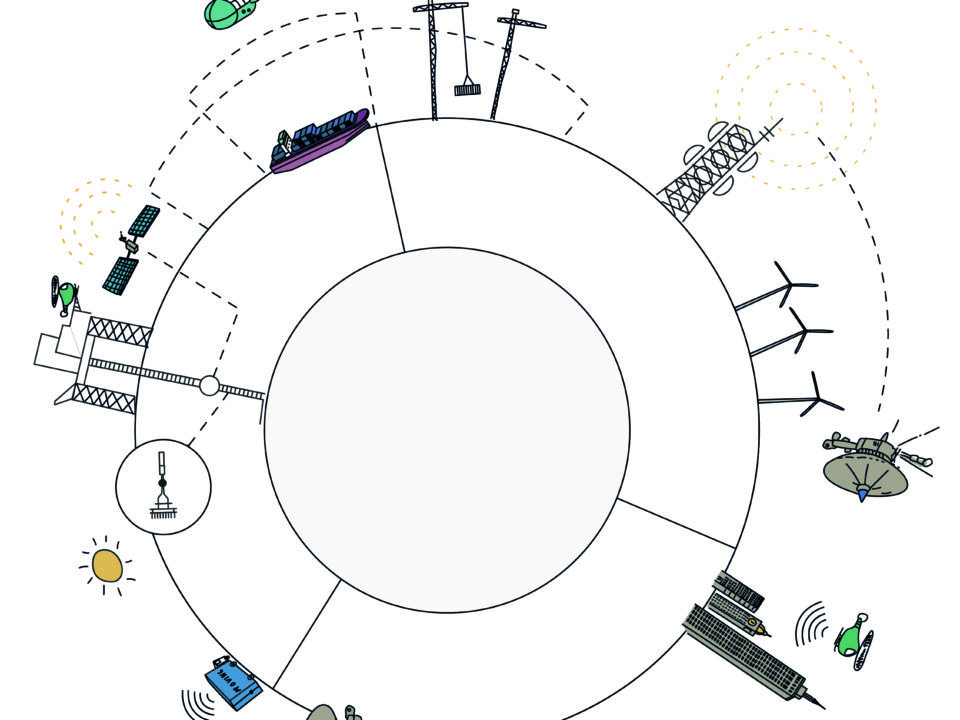Financial Times: Tech licensing system that keeps the giants in check
Below is IP Europe Executive Secretary Francisco Mingorance’s letter to the Financial Times editor, published 1 August 2017. The original is available at this address.
Sir, Morgan Reed (Letters, July 28) suggests that inventors of 3G and 4G technologies that invest heavily in the future 5G open standard, underpinning the internet of things, are acting out of greed. His claim is as ironic as it is misleading. European inventors such as Nokia and Ericsson are simply supporting well-established industry best practice.
A 2015 study into mobile phone licence fees showed that the average royalty fee charged for access to 1G, 2G, 3G and 4G standards was $7.25 per phone; the average mobile phone sales price was $221.80. Despite this small fee, non-payment or “patent freeriding” is growing among global tech giants. One recent study found the proportion of devices using standards with licences had declined from 73 per cent in 2006 to just 39 per cent in 2016.
IP Europe and its members remain strong supporters of open standards and European leadership in 5G. Our members continue to support the FRAND-based licensing system — fair, reasonable and non-discriminatory — that enabled the rapid growth of the global smartphone market, and will do the same for the internet of things.
Mr Reed also claims that our members want to “tax the new value that the innovators of the internet of things are creating”. First, royalties are not a tax. Second, they support the creation of a system that enables all “things” to be interoperable by using 5G open standards, seamlessly connecting objects across the world.
When the revolutionary 5G standard is ready after 2020, it will provide a different order of added value to a connected car versus a vending machine. Driverless cars will use the standard to be constantly connected and responsible for safety features, hugely increasing their market value. By contrast, a vending machine may occasionally use 5G to order restocking. The tech giants argue that both products should pay the same fee for access to the standard, despite the hugely different benefits they accrue from it. Such a system would make it impossible either for standards developers to receive a fair return for their innovations, or for implementers with lower market potential to operate in the internet of things at all. It would give rise to alternative, fragmented and proprietary internet of things technologies owned by a few giant gatekeepers.
Will Europe stand firm, and continue to foster the open, transparent and inclusive standards system that underpinned the success of 3G and 4G, and on which Europe’s leadership in the 5G ecosystem depends?
Francisco Mingorance
Executive Secretary,
IP Europe,
Brussels, Belgium



